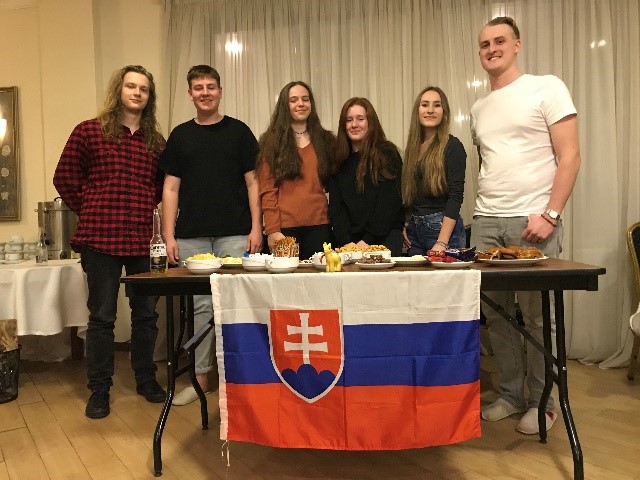Date/time
Date(s) - 08/03/2020 - 14/03/2020
All day
Locality
Tbilisi, Georgia
Project type
Selected participants
Background and aim of the project:
According to the EU Charter of Fundamental Rights, everyone has the right to freedom of expression (Article 11 – Freedom of expression and information.) This right shall include freedom to hold opinions and to receive and impart information and ideas without interference by public authority and regardless of frontiers. In our opinion, in the modern world this right is extremely important, but every day thousands of young people limit this right… through fairy tales. According to Wikipedia, a fairy tale is a
folklore genre that takes the form of a short story. In most cultures, there is no clear line separating myth from folk or fairy tale. But free encyclopedia misses one important and significant fact. Fairy tales aren’t known for their focus on human rights!


They contain lessons: don’t judge someone on their looks; be kind to others. They’re chockfull of warnings: don’t stray from the path; watch out for witches, wolves, and spindles. However, as a guide to ethics (the broad principles that govern a fair society) or rights (in terms of individual freedoms to be or to do) they are somewhat lacking.
Therefore, the aim of this project was to give the opportunity for youth from different backgrounds to reflect on diversity, intercultural and inter-religious dialogue through fairy tales, to experience different methods of non-formal education in order to raise awareness about human rights and encourage developing soft skills needed in their personal and professional life. Because regardless of which countries we come from, we all come from childhood.

Benefits of participation:
With this project we wanted to raise youngsters’ awareness about European values and to help them to become more sensitive towards the actual global challenges, we promoted inclusion, diversity, equality, solidarity and tolerance and to foster intercultural understanding between people of different origins. After the project our youngsters were equipped with knowledge and tools about creative thinking, storytelling, public speaking, teamwork and other soft skills, as well as they were aware about different opportunities under Visegrad Fund.
Participants of the project were from Hungary  , Georgia
, Georgia  , Slovakia
, Slovakia  , Poland
, Poland  and Czech Republic
and Czech Republic  . There were 6 participants from each country.
. There were 6 participants from each country.


